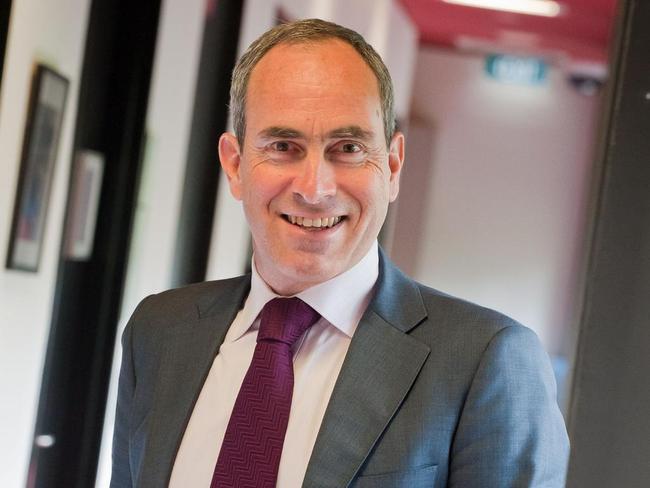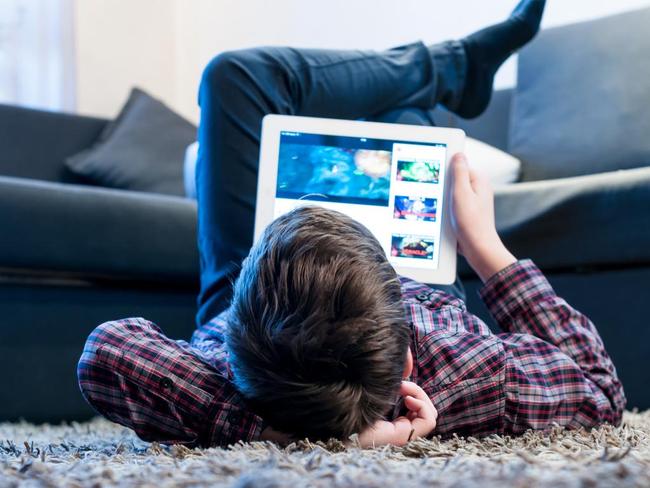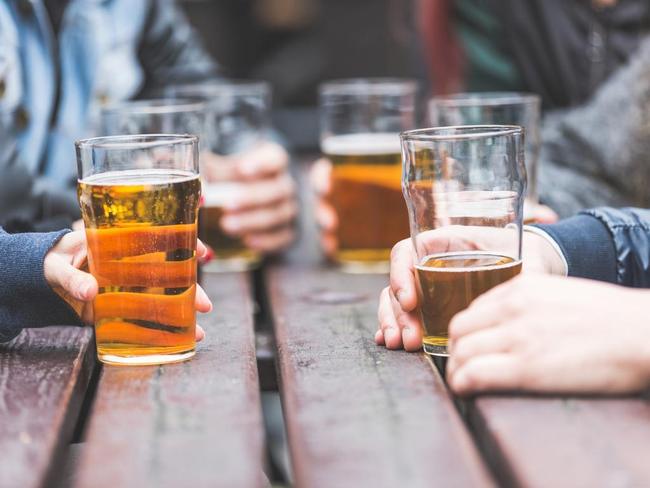Aussie teens shun sex, booze and ciggies
Teenagers are shunning sex, drugs, alcohol and cigarettes. But experts say they're experiencing greater mental health problems and difficulty learning social skills.

THE teenage years used to be characterised by rebellion and risk taking behaviour these days our teens are saying no to drink, drugs, cigarettes and sex but its not making them happy.
A News Corp investigation has found over the past decade teenage pregnancies have plunged by almost a third, illegal drug use has nearly halved while booze abstinence has increased by more than half.
Experts warn, however, that while youngsters are taking fewer risks, they are experiencing greater mental health problems and difficulty learning social skills.
Social media and increased screen use is fuelling these problems, meaning young people are unable to maintain personal relationships, affecting everything from their education to job prospects.
"It's a more deliberate generation," said leading psychologist Professor John Toumbourou.
In the past, teenage years were marked by rebellion and risk-taking behaviour but a series of new pieces of research paint a different story for today's generation.
Teenage pregnancies have plunged by 32 per cent since 2006 and the number of teenagers engaging in sexual activity has dropped, according to La Trobe University research.
The proportion of teens having sexual intercourse fell from 40 per cent in 2008 to 35 per cent in 2014, its national sexual health survey of more than 2000 secondary students found.
An Australian Institute of Health and Welfare study found the levels of binge drinking has fallen over the past three years while smoking rates have halved.
The research also found:
• TODAY'S teenagers are increasingly becoming teetotallers - 82 per cent of now abstain from alcohol in 2016 up from 54 per cent in 2004;
• IN 2013, 8.7 per cent of teens drank at risky levels but that had fallen to 5.4 per cent in 2016, according to its tri-annual National Drug Strategy Household Survey report.
• THE age at which those aged between 12 and 17 years-old smoke their first cigarette has gone from 14.2 years to 16.3 years.
• TEENAGE smoking rates have halved to less than 2 per cent over the past three years to 2016.
• ILLICIT drug use has almost halved. Just 16 per cent of teenagers aged 14-19 used illegal substances in 2016, compared to 28 per cent in 2001.

Prof Toumbourou, from Deakin University, said falling teenage drinking rates came from "pretty decent effort in public health to get that to happen".
He said teenagers now have better information available in schools about how consuming alcohol can permanently damage their brains.
It was also harder to purchase alcohol while their parents are less likely to introduce them to it at home, he added.
By consuming less alcohol, teenagers are then less likely to engage in drunken sex, start smoking or take drugs while drunk, he said.
Separate studies into mental health have found teenage problems have spiked despite their behaviour becoming less risky and rebellious.
A Mission Australia Youth survey found a third of young people had mental health problems in 2017.
The Australian Research Alliance for Children and Youth (ARACY) also found suicide rates among those aged 15-24 had increased from 10.3 per 100,000 people in 2007 to 12.7 in 2016.

Experts say teenagers now have other things to occupy them.
The introduction of smart phones, computer gaming and the proliferation of online streaming services are dramatically changing the social landscape for teenagers, who don't need to physically meet their friends or use drugs and alcohol to relieve any boredom.
"I think it is a very different world and teenagers are comparing their lives online in a way that no one used to," said Anne Hollands the Director of the Australian Institute of Family Studies.
La Trobe University's 2014 study of teenage sexual habits found social networking sites were used by nine in ten teenage school students at least once a day.
More than half (56 per cent) of male students reported using online games at least once a week compared with only 16 per cent of female students.
When teenage boys are in their bedrooms playing computer games they are not in physical proximity with teenage girls and this is likely to reduce the chance of sexual relations or unwanted pregnancies.
A study in the Journal of Population Economics found the introduction of internet access in a country explained 7 to 13 per cent of the teen-birth-rate decline from 1999 to 2007.
But social media is also thought to be behind growing mental health problems among teenagers.

A recent King's College London and National Citizen Service study found six out of 10 of the 12- to 17-year-olds polled for the report said they were lonely.
At least one in 20 said they never spent time with friends outside school while a third of the young people polled said they hardly ever felt popular with their peers. A further 36 per cent said it was "difficult to make friends".
Experts say there is concern that the growing proclivity of teens to interact online rather than in person means they fail to develop social intelligence, the skills needed to get on with others and read their behaviour.
This could be problematic for their job prospects, according to the Foundation for Young Australians.
The not-for-profit organisation predicted that future workers will spend less time on routine tasks and more time with people and getting value from technology.


